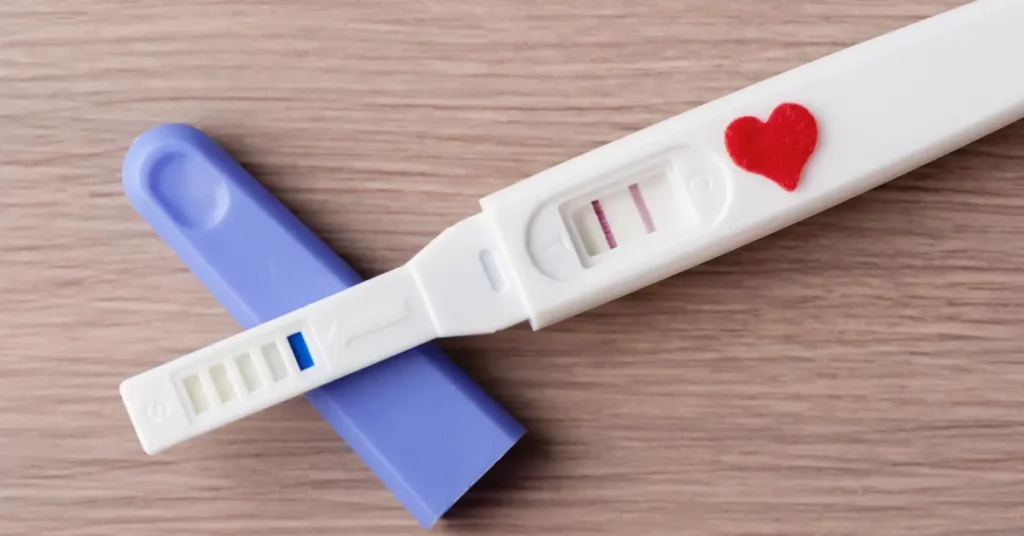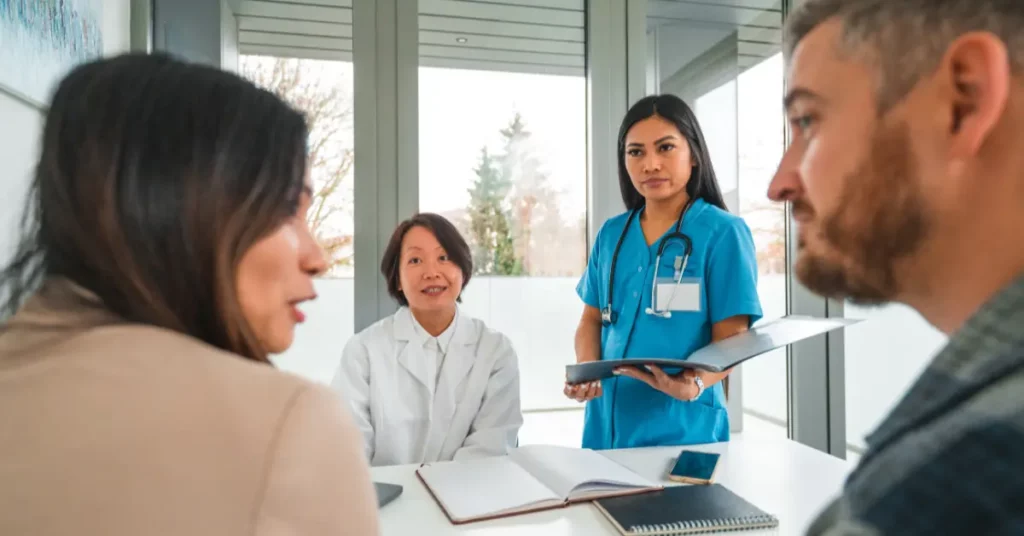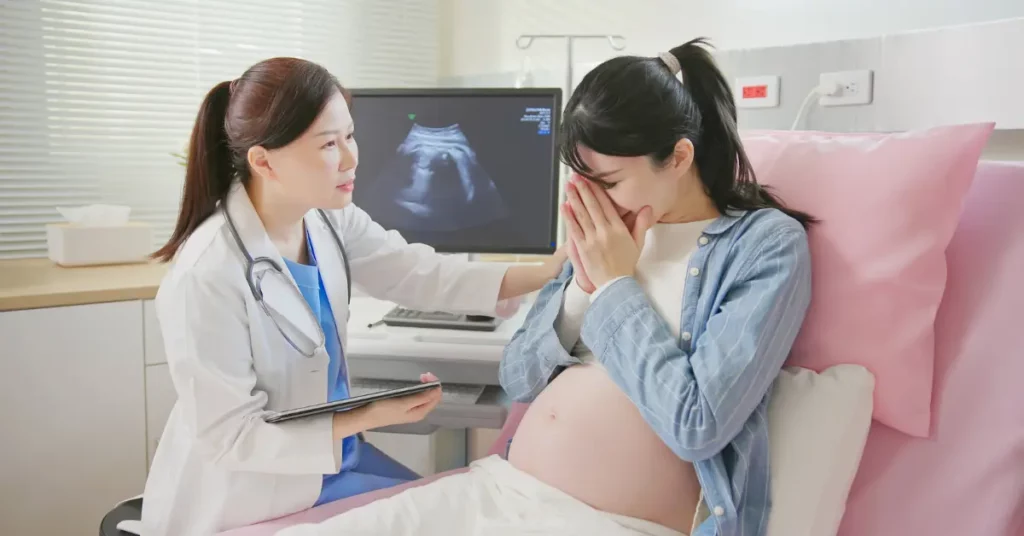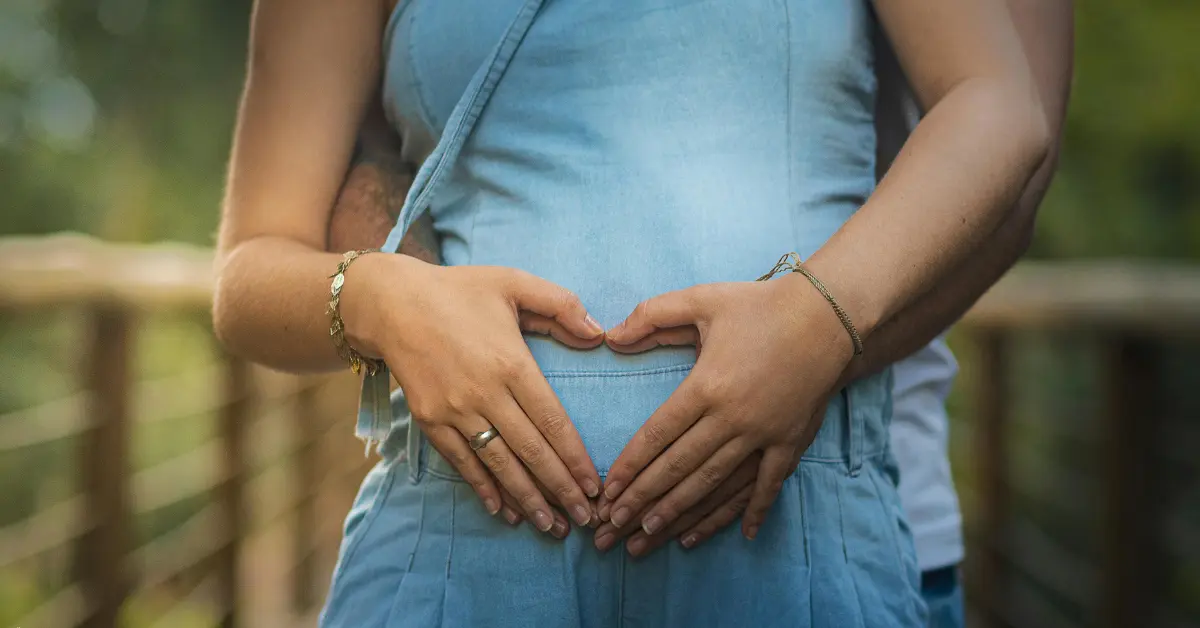Becoming an egg donor is a profound way to help individuals and couples struggling with infertility start a family. By donating your eggs, you play a key role in donor egg IVF, a process where an embryo created from your egg and someone else’s sperm is transferred to the recipient’s uterus. This gift is often life-changing for recipients. Women in their 40s have much higher IVF success rates using donor eggs than with their own eggs. While it’s a generous act, it’s important to understand the steps, requirements, and commitments involved before deciding to proceed.
Understanding Egg Donation and Its Purpose
Egg donation is a form of fertility treatment where a healthy woman provides eggs to be used in another person’s IVF treatment. It involves fertility egg donation, where eggs are retrieved from a donor’s ovaries, fertilized in a laboratory, and then transferred to the recipient as an embryo. This process enables people to have a child even if they are unable to use their own eggs. Egg donation helps a variety of intended parents: women with poor egg quality or premature ovarian failure, those who have undergone treatments that affected their fertility, same-sex male couples, and women of advanced age. Egg donation over 40 has become a common path for older women to achieve pregnancy when natural conception or IVF with their own eggs isn’t viable. Using eggs from a younger donor significantly improves the chances of a healthy pregnancy for the recipient.
For the donor, understanding why egg donation is needed can be motivating. You’re not only potentially earning compensation, but also giving the gift of life and family to someone who cannot conceive. However, the egg donor process is a medically involved process that requires a serious commitment of time and responsibility.

Who Can Become an Egg Donor? (Eligibility and Requirements)
Not just anyone can donate eggs. Fertility clinics and agencies have strict egg donor requirements to ensure the donor is suitable and the eggs are likely to be healthy. In the United States, donors are generally young women in their twenties with excellent overall health and healthy ovarian function. Guidelines from the American Society for Reproductive Medicine (ASRM) recommend that donors be legal adults (usually between 21 and 34 years old) and undergo a thorough psychological evaluation. Being in this age range is important because egg quality declines as women get older, so younger donors’ eggs have a better chance of leading to a successful pregnancy. Most programs also require that donors have regular menstrual cycles and no known fertility problems themselves.
Good physical health and healthy lifestyle habits are a must. Donors should have no significant hereditary genetic disorders or serious medical conditions. Clinics will ask detailed questions about your personal and family medical history to screen for inherited diseases. You’ll need to have a body mass index (BMI) in a healthy range, and you must be a nonsmoker with no history of substance abuse. It’s also vital that you’re not on certain long-term medications that could affect the process. Potential donors should ideally have no sexually transmitted infections and be willing to undergo testing to confirm this. Being an egg donor means meeting high standards of reproductive health screening. All to protect you, as well as the intended parents and the resulting baby.
Emotional readiness and maturity are equally important eligibility factors. Donating eggs can be a psychologically complex decision, so programs want to ensure that you fully understand the implications. You’ll typically meet with a counselor or psychologist as part of the egg donor screening to assess your mental health and ensure you’re not being coerced or pressured into donation. Many clinics look for donors who are dependable and can commit to appointments and medication schedules. Because donating requires multiple visits and strict adherence to medication timing, reliability is crucial.
One should be aware that there are limits on how many times one person can donate eggs. Due to both medical and ethical reasons, programs often cap the number of donation cycles a woman can undergo in her lifetime. This limit helps protect the donor’s health and reduces the chance of having many half-siblings unknowingly conceived from the same donor.
Initial Steps: Consultation and Egg Donor Application
If you believe you meet the basic requirements, the next step in how to donate eggs is to reach out to a fertility clinic or egg donation agency. The process typically begins with an initial fertility consultation and an application. You’ll fill out an egg donor application form, providing comprehensive information about yourself. Expect to answer questions about your age, health history, family medical history, education, and personal background. This application helps the clinic evaluate if you’re a potential fit and also gathers details that future recipients may want to know. Often, you’ll be asked to provide recent photos of yourself as part of your profile.
After reviewing your application, the clinic will schedule an initial consultation or interview if you seem to meet the criteria. During this meeting, which may be in-person or virtual, a fertility specialist or donor coordinator will discuss the egg donation steps in detail. They will explain the medical procedures involved, the time commitment required, and answer any questions you have. This is a great opportunity for you to learn about the process and what will be expected from you as a donor. The doctor will also review potential risks and ensure you understand aspects such as medication injections and the minor surgical procedure for egg retrieval.
As part of these preliminary interactions, you’ll also undergo some IVF preliminary evaluations. Even before the full donor screening, the clinic might perform basic tests to measure your fertility. For example, they may do a pelvic exam and an antral follicle count ultrasound to look at your ovaries and estimate how many eggs you could potentially produce. Blood tests might be drawn to measure hormone levels that indicate your ovarian reserve. These early fertility tests are akin to semen and egg quality checks in an IVF context: just as the male partner’s sperm quality is tested, the female donor’s egg quality and quantity need assessment. All of this helps ensure that proceeding with you as a donor is likely to result in viable eggs and a successful outcome for the recipient.
Matching with a Recipient and Legal Agreements
Depending on the program, you may either be matched to an intended parent/couple at this point, or you may have already been matched before screening. “Matching” means a recipient has chosen to proceed with you as their donor based on your profile and background. If you are part of an anonymous donor pool, your identifying information won’t be shared with the recipient. Still, they will see non-identifying details like your physical characteristics, educational background, possibly childhood photos, and a written personal essay you may have provided. Some donors are directed (known) donors, meaning they are donating to someone they know. In those cases, matching is straightforward since the recipient and donor find each other outside the clinic.
Once a match is confirmed and both parties commit to moving forward, it’s time to handle the legal contract. Egg donation involves legal agreements to protect all parties. You, the donor, will sign a contract that outlines your rights and responsibilities and clearly states that you will have no parenting rights or obligations for any children born from your eggs. This contract addresses issues such as confidentiality, the disposition of any unused eggs or embryos, and confirms that you relinquish all claims to the eggs/embryos once they are donated. It also typically spells out the compensation you’ll receive and any contingencies. If you’re a known donor, there may be additional agreements about future contact with the child or ongoing relationships.

Ovarian Stimulation: Medications and Monitoring
During an egg donation cycle, you will take hormones to stimulate your ovaries to mature a batch of multiple eggs at once. Here’s what to expect during this phase:
- Cycle synchronization: Often, if it’s a fresh donation, your menstrual cycle will be synced with the recipient’s cycle. Doctors may put you on birth control pills for a few weeks to align timing or quiet your ovaries before stimulation. Once timing is right, you’ll start the ovarian stimulation medications.
- Hormone injections: You will administer fertility medications, most of which are given via subcutaneous injections, typically in your abdomen or thigh. The main drugs are gonadotropins that encourage multiple follicles in your ovaries to develop simultaneously. The clinic will teach you exactly how to do these injections. Usually, you’ll give yourself one or more shots per day for around 10–12 days. Many donors find the injections manageable. The needles are relatively small, and while it’s not fun to poke yourself, it becomes routine quickly. Along with stimulation medications, you might also use a medication to prevent premature ovulation. Commonly, drugs like Ganirelix or a GnRH antagonist are used, or sometimes a medication like Lupron is started early to suppress ovulation.
- Monitoring appointments: During the 1-2 weeks you’re on stimulation meds, you will visit the clinic frequently. At these monitoring appointments, you’ll have blood tests to measure hormone levels and transvaginal ultrasounds to visualize your ovaries. The ultrasound lets doctors count and calculate the growing follicles. They use these measurements to track your progress and adjust medication doses if needed. Expect to dedicate a good amount of time to these morning monitoring visits, which can be several in number. The exact schedule varies, but typically around 5-7 appointments over the stimulation period. The entire donation egg donor process from the start of medications to egg retrieval is usually about 2 weeks, but keep in mind the preliminary prep before that means the whole journey spans a couple of months in total.
- Physical symptoms during stimulation: As your ovaries ramp up activity, you will likely feel some side effects. Many donors experience bloating, a feeling of fullness in the lower abdomen, and possibly mood swings or mild discomfort as estrogen levels rise. You may experience temporary water retention. It’s important to follow clinic guidelines during this time. You’ll probably be asked to avoid high-impact exercise or heavy lifting, because enlarged ovaries can be prone to a rare but dangerous complication called ovarian torsion. Also, you must abstain from unprotected intercourse during the cycle and shortly after. With so many follicles developing, you’re extremely fertile and could become pregnant with multiples if you were to have intercourse.
The doctor will determine when your follicles look ready. At that point, you’ll be instructed to take a “trigger” injection, a shot of hCG or another trigger medication that kickstarts the final maturation of the eggs. This trigger shot is precisely timed, typically about 36 hours before your scheduled egg retrieval. It’s critical to follow the timing instructions for the trigger, as retrieval must be done when the eggs are ripe but before ovulation occurs.
The Egg Retrieval Procedure
During the retrieval, the doctor uses a transvaginal ultrasound probe to visualize your ovaries, and a thin needle is guided through the vaginal wall into each ovary to aspirate the fluid from the follicles. The egg retrieval process itself is quite quick, typically lasting around 15 to 30 minutes in total. Each follicle is drained, and the fluid is immediately handed off to an embryologist in the lab, who will identify the eggs under a microscope. You won’t feel any of this due to the sedation. Because it’s done via the vagina with a needle, there are no external incisions or stitches needed. After the retrieval, you’ll rest in a recovery area for an hour or so while the anesthesia wears off. The clinic staff will monitor your vital signs as you wake up. Once they confirm you’re stable, you’ll be discharged the same day.
Compensation for Egg Donation and Donor Compensation
Egg donation is usually a financially compensated act, given the time, effort, and some discomfort involved. Compensation for egg donation varies by region, clinic, and whether you’re donating through a private agency or an in-house clinic program. In the United States, an egg donor can expect to be paid around $8,000 to $20,000 for each donation cycle on average. The exact amount often depends on factors like your location, your personal characteristics, and whether you’ve donated before. First-time donors and those donating to an egg bank tend to be on the lower end of the range. Donors with proven fertility or prior successful donations, or those with exceptional academic or genetic attributes that are in high demand, may receive more. In some rare cases, compensation can exceed these average figures, but reputable programs follow ethical guidelines to keep payments within reasonable limits.

Egg donation can be an immensely rewarding experience. You have the opportunity to profoundly impact another person’s life by helping them start a family. At the same time, it’s a serious medical process, so never take lightly the decision to become a donor. Weigh the pros and cons, consider the time commitment and any possible risks, and ensure you have support. Should you decide that this journey is for you, the first step is to reach out for more information. A fertility clinic such as IVF Center Hawaii can guide you through the process with expertise and care. By partnering with a reputable program, you’ll be supported every step of the way, from the moment you fill out your egg donor application to the day you complete the donation and beyond. Becoming an egg donor is truly giving the gift of hope, and with the proper preparation and mindset, it can be one of the most meaningful experiences of your life.
Sources:
- Ralph M. Tsong. “Requirements for Egg Donors based on ASRM Guidelines.” Tsong Law Group Blog, Sep 14, 2023.
- University of Utah Health. “IVF Step By Step – Egg Retrieval Process.” (University of Utah Center for Reproductive Medicine patient education page).
- Veneta Lusk. “What to Know About Donating Your Eggs: Process, Compensation, Risks, and More.” GoodRx Health, Sep 4, 2025.
